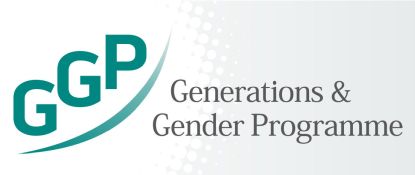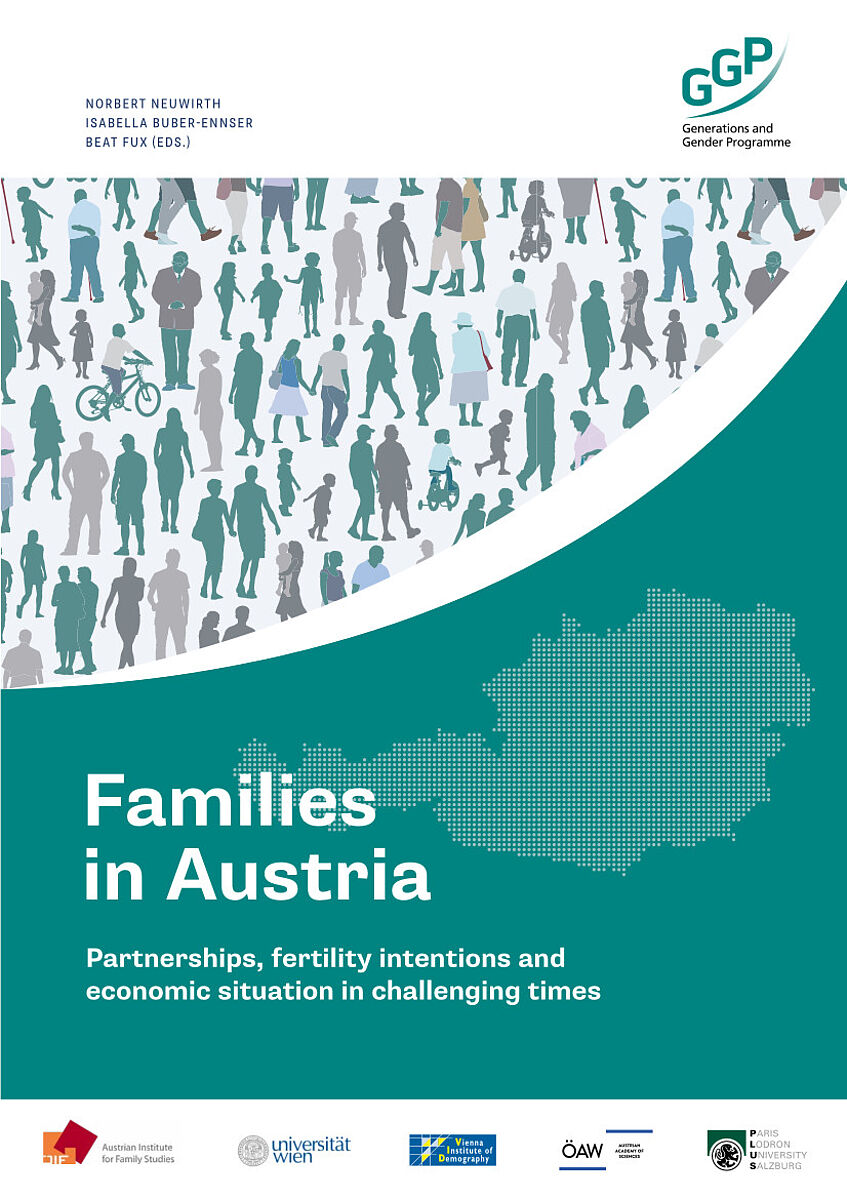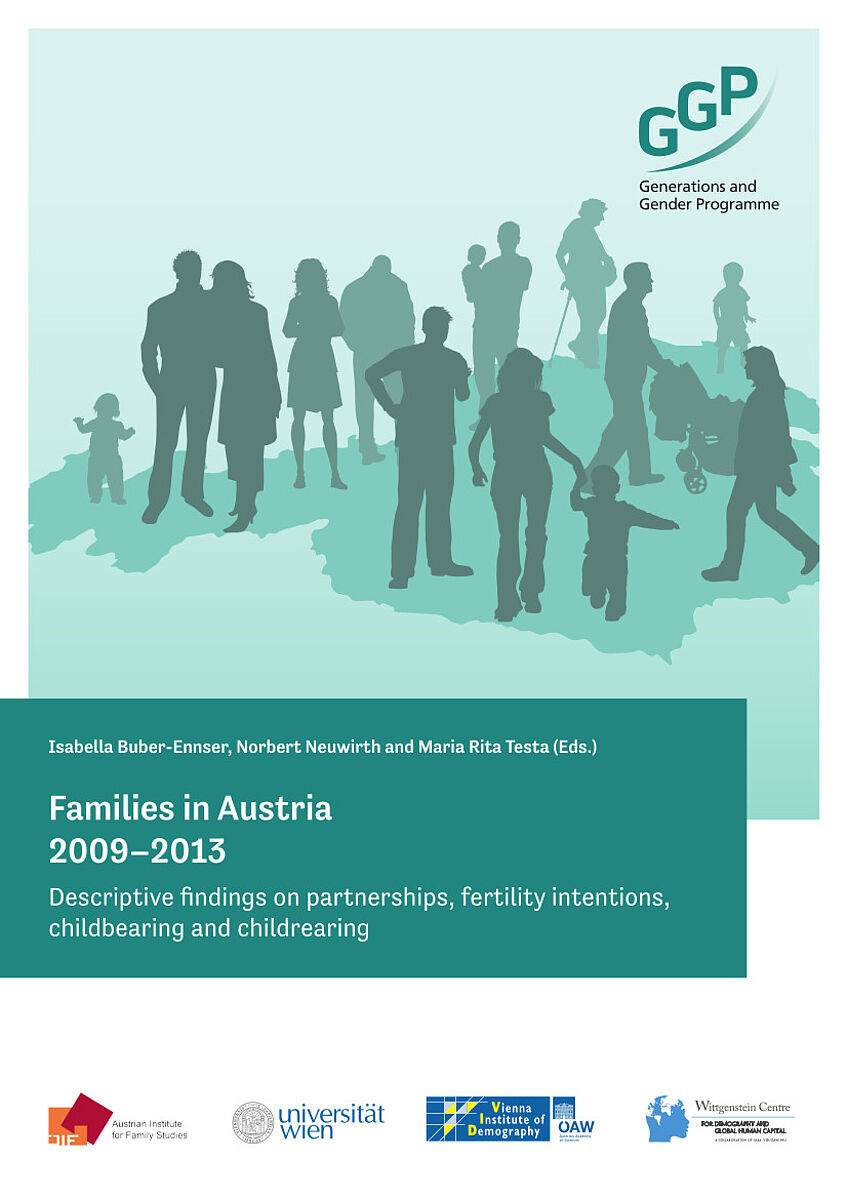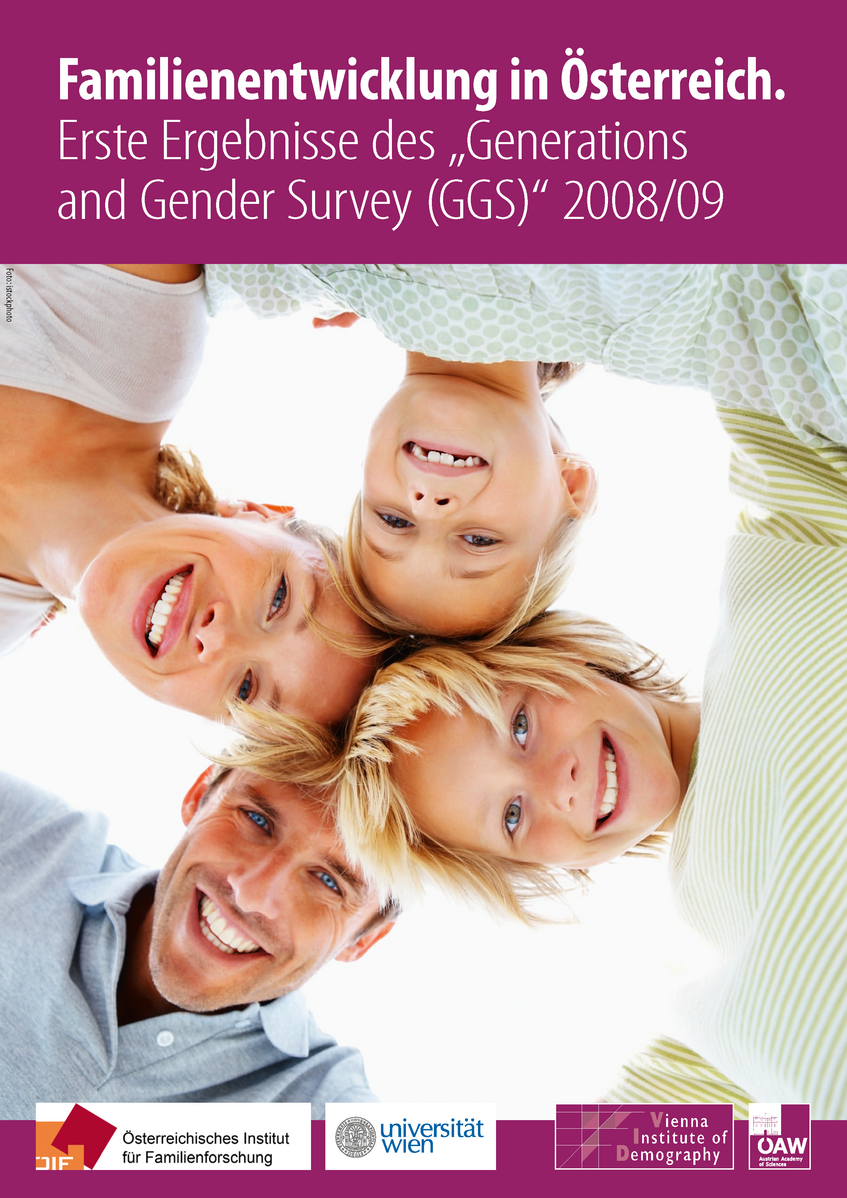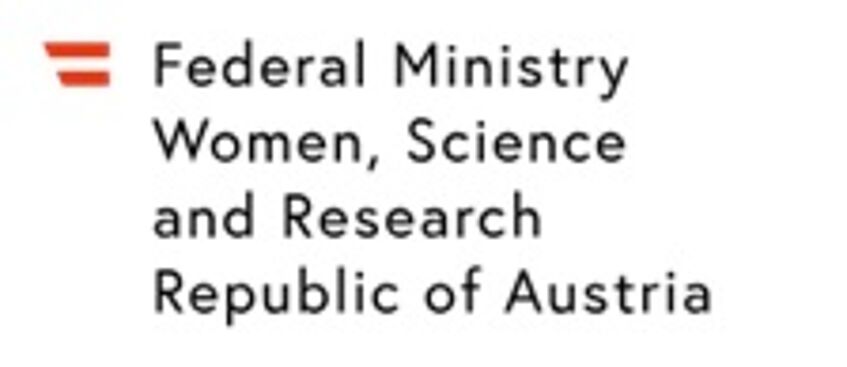Generations and Gender Programme
Generations and Gender Programme
The “Generations and Gender Programme” (GGP) was developed by the United Nations (UNECE) for harmonized surveying and systematized analysis of family demographic issues. It consists of a panel survey program with several survey waves in the participating countries, which can be analyzed comparatively. The surveys focus in particular on the parent-child relationship (generational aspect) and the gender perspective (gender aspect).
Meanwhile, several waves of these surveys have been carried out in Austria and the other participating countries. Austria conducted two survey waves (2008/09 and 2012/13) in the first round of the GGP program. In 2022, the GGP was relaunched internationally for its second edition.
The full datasets of GGP Austria are made available for scientific use at AUSSDA - The Austrian Social Science Data Archive. Interested parties can gain access via https://data.aussda.at/dataverse/ggp
Families in Austria 2023
Families in Austria 2023
Some initial analyses have been carried out on the basis of the current survey yet. In this compilation, the situation of families is examined in 66 short articles. Aspects of current partnerships, previous relationships, the family of origin, the process of family formation and further family planning are explored, as well as the division of labor within the family, the labor force participation and the associated economic situation of families are investigated. Finally, the implications of the recent global crises for families are examined.
Download:
English Version (pdf)
Former Surveys
Former Surveys
In Austria, the GGP had been surveyed twice before. In the first survey (2008/09), 5000 respondents participated. Almost 80% were re-interviewed in the follow-up survey (2012/13). The depicted brochures with selected results were produced at the end of each field phase:
Family Development in Austria: 2009–2013
Family Development in Austria: 2009–2013
How many children did Austrian men and women intend to have in 2012/13? Above all: How many did realize their intentions? How could other medium-term future plans become realized? Especially plans that have at least an indirect impact on demographic developments (such as completing education, moving in with a partner, marriage, plans to move to other regions/countries, career changes, but also the end of partnerships, etc.)
Based on the Austrian “Generations and Gender Survey (GGS)”, the first survey in 2008/09 and the re-survey in 2012/13, it was possible to investigate the realization of fertility intentions of people aged 22 to 49. In addition, current results on family formation, partnership development, economic situation and well-being as well as attitudes towards childcare were summarized this brochure.
Download:
Families in Austria 2009–2013
Family Development in Austria
Family Development in Austria
Results of the ‘Generations and Gender Survey (GGS)’ 2008/09
How many children did Austrian men and women intend to have in 2008/09? Which factors influenced this intention? The Austrian “Generations and Gender Survey (GGS)” 2008/09, in which 5,000 people aged 18 to 45 were interviewed, provided answers to these questions.
Download: Familienentwicklung in Österreich (German pdf)
GGP Austria was supported by:
Federal Chancellery of Austria
Federal Ministry - Women, Science, and Research
